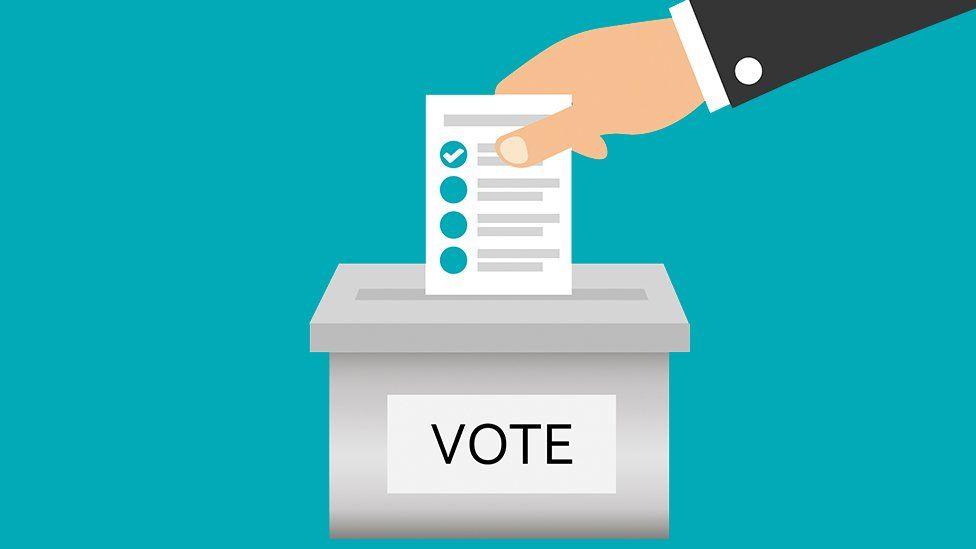2023: Questions and issues not being asked
By Charles Onunaiju The election season is now in full bloom, with campaigns for all elective offices also in full throttle. Nigeria’s irrepressible media and its army of commentators are waxing lyrical and humbling office seekers at all levels with a barrage of questions on what they would do, and how they would do them […]

By Charles Onunaiju
The election season is now in full bloom, with campaigns for all elective offices also in full throttle. Nigeria’s irrepressible media and its army of commentators are waxing lyrical and humbling office seekers at all levels with a barrage of questions on what they would do, and how they would do them but, more importantly, how they will do it differently from what has been done in the past in order to get the country and its people out of challenges of insecurity and economic woes.
Candidates in the elections, especially for the presidency, have been bullish in their responses, delivering copious action plans, manifestos and real-time graphic details that have the appeal of seduction.
Still on Ortom’s provocative statements
Despite the fact that none of the leading presidential candidates is new to governance, their respective analyses of the failures of past governments are considerably simplistic and do not grasp the fact that problems and challenges facing us, and which have deteriorated, have their origins in the inability to grasp their origin and design efficient mechanisms to solve them.
The original sin is the colonial state, which persisted to the current times of institutional decay and hollowness. The institutions exist in themselves, for themselves lacking in cultural and social connection to the people.
The questions that should be correctly posed to the candidates for the presidency, especially those considered front runners, are simply on their understanding of why every effort made by previous occupants of the high office failed. It is not enough to suggest that the previous rulers lacked competence or genuine intention and goodwill to improve the country. What are the objective structural constraints that have vitiated and constrained all previous efforts to improve the country?
What are the objectives, character and nature of the Nigerian state that has historically and so summarily impeded and obstructed the boldest of visions, smart policy measures and even decisive willpower from transforming into concrete aggregates for national renovation, stability, and inclusive development?
As Fredrich Engels, co-founder of the theories of scientific socialism puts it: “Freedom does not consist in any dream of independence from natural laws, but in the knowledge of these laws and in the possibility this gives of systematically making them work towards definite ends,” and he further clearly outlined that “freedom of the will means nothing but the capacity to make decisions with knowledge of the subject.”
And the “natural laws” in Nigeria’s context, which have suffered considerable neglect in the trajectory of our national construct, are the confluence of our unique socio-cultural categories and the nature of our productive base.
The consequence of this wholesome neglect is the fettering of our productive capacity, leading to the decay of political institutions, the implosion of civic and social bonds, and the existential arrest of national development trends and possibilities.
The question is not which strategy would get the country working but rather: what are the existential constraints that have defied previous attempts and even made prospective progress difficult, if not impossible? Why have the best efforts not turned out any durable and subsisting results? Why are all the ingredients for implosion present, especially ballooning inequality, declining quality of life for the majority of Nigerians, desperate anti-social indulgences, especially of insurgency, banditry and kidnappings, on the rise, ethnic and religious tensions showing renewed intensity and corruption getting worse and reaching unprecedented heights?
Since the campaign season went into bloom, a common refrain of almost all the candidates is the strategy of a private sector-led economic plan, but none has articulated or drawn a fine line between private sector operators and the public and this is simply because it is hard to draw such a line.
Typically, in the Nigerian context, key state actors at various levels of government wear the toga during the day and are private sector shakers and movers at night.
Conversely, publicly known high-wired private sector operators in the daytime are active high–stake state actors in the night. The reality is the majority of Nigeria’s working people, whether public sector workers or private sector operators of enterprises are cheated out by the vicious trinity of high-wired state actors and private sector plutocrats who swap identities at will, and the state bureaucracy that enforces its will and officiates its hegemony.
With a state narrowing in outlook and retreating to factional struggles, and the seeming exclusion of the majority of Nigeria’s working people, decline, stagnation, and even an implosion are ever-looming prospects. Except for the new political season and its gladiators, both the candidates and other critical stakeholders, probe deeper and beyond the current sound bites, and our generation would bear the historic responsibility as the notorious emperor Nero, who fiddled while Rome was on fire.
While President Buhari’s administration may not be a yardstick for what is to come or what to expect, any leap without adequate knowledge and a search for the objective structural constraints that have vitiated our efforts in the past would be a dangerous lurch toward blind faith.
Onunaiju is a research director of an Abuja-based think tank
